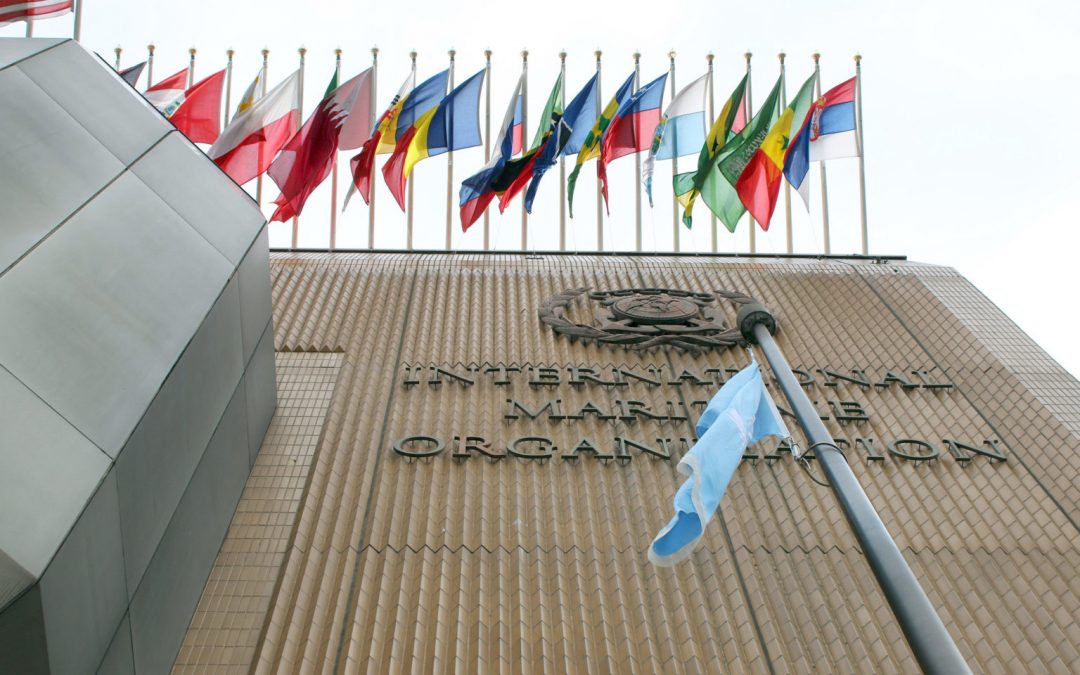Much of the specifics remain up in the air as IMO’s ISWG-GHG 14 meeting outcome leaves open a broad range of options for key elements of the revision of the GHG reduction strategy at ISWG GHG 14.
The fourteenth Intersessional Working Group on Greenhouse Gases (ISWG GHG 14) is the penultimate working group meeting that the IMO’s GHG before ISWG GHG 15 which is back to back with the July MEPC 80 meeting. MEPC 80 is a critical moment for the IMO because it coincides both with the adoption of a Revised GHG Reduction Strategy (Revised Strategy), as well as being the point that a set of policy measures key for enabling that strategy, move through to phase 3 – the stage that will see their finalisation.
Click here to download the UMAS readout from ISWG 14
Whilst ISWG-GHG 14 was another point in the process of trying to achieve convergence, it was not a decision point on either strategy or policy measures. The meeting can, however, provide some useful insights into how the debates might conclude at MEPC 80, although the details will remain in flux the final adoption.
Dr Aly Shaw, Policy Lead at UMAS said “This meeting marked a growing clarity on likely ambition for 2050 and also 2040, which is a positive sign for an equitable transition which, at its core, requires targets aligned with limiting temperature rise to 1.5 or below. However, despite the repeated support across meetings for a just and equitable transition that leaves none behind – there is little sign of this commitment being embedded throughout the revised strategy as of yet.”
Particular attention has focused on levels of ambition, mid-term measures, the ‘basket’ or combination of measures to be finalised and revision to IMO’s Data Collection System (DCS). Progress was made in cleaning and clarifying non-contentious parts of the Revised Strategy, and refining some of the options that will be further debated and finalised in July.
The outcome text for this meeting, in combination with the preferences expressed during the week, provides clues as to what might be agreed at MEPC 80:
The large majority of those who spoke (31/45) were clear that international shipping needed to reach zero GHG emissions by 2050 and that all of this GHG reduction would have to come from the international shipping sector – not from out of sector offsets, e.g. fundamental technology change is needed within international shipping.
To help stimulate the uptake of new fuels, there was broad support for a fuel use target (5% by 2030), albeit with no agreement on the subset of fuels this would be applied to: low carbon/zero carbon/zero GHG/near-zero GHG.
A majority of countries wanted a 2040 GHG reduction target to be defined, at a magnitude of GHG reduction in line with the 1.5 degree temperature goal.
Nearly all countries who spoke want to see these reductions regulated by a technical element such as a fuel standard (e.g. limit on GHG emissions reducing over time), and an economic element (e.g. a carbon price), with these policy measures designed to support the transition. Most spoke to an objective of the economic element (e.g. a carbon price) being to support just and equitable transition (e.g. revenues deployed to increase equity), but there is significant ambiguity on what this means in practice.
Dr Tristan Smith, Director of UMAS said “It is hard to overstate how important the MEPC 80 outcomes will be both for society’s efforts to avoid dangerous climate change, but also for the shipping sector. Reading from the numbers of how many support high ambition outcomes, there are positive signs. But this is a simplistic way to estimate how these debates will conclude. The nature of the off-IMO debate leading up to MEPC 80 is therefore crucial.”
Therefore, much of the specifics remains undecided as we head towards MEPC80 with only one intersessional meeting left (the week before MEPC 80) to bring the group to agreement on the levels of ambition/GHG targets, both magnitude of reductions, and scope (well-to-wake/tank-to-wake), the objectives and timing on the finalisation and entry into force of mid-term measures, and the specifics of how just and equitable transition will be expressed in the strategy, and in the specification of the measures used to achieve the transition.
Source: Hellenic Shipping News





